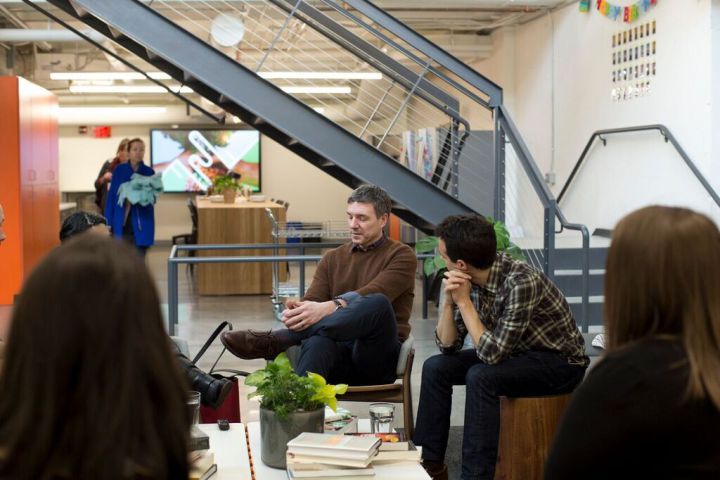Bobby Logue, co-owner of a coffee store in Philadelphia, created “a company that aims to help ex-cons, one cup of coffee at a time.” Logue co-owns the company with Christian Dennis, who had been charged with homicide, but found not guilty in 2006.
The two plan to employ more ex-cons. “The way they see it, drug dealers basically are ‘entrepreneurs, just on the wrong side of the law,’ Logue said. ‘They have a tremendous amount of experience with sales and business management. It’s just that their ‘previous experience’ landed them in jail.’”
As we’ve talked about in class, and as we saw in Poverty Inc., a new job can be just the beginning of a new life. The article states: “We’re not just giving you an $8-an hour job . . . We want to try to create a lifestyle change, show guys something different than what they’re used to. We don’t just want to say: ‘Hey, we can get you a job here at McDonald’s. You got a job now – take care!’ No. We want to help you change your life, the way you think, the way you live, the way your family lives.
With this in mind, “they plan to offer employees profit-sharing, better-than-minimum-wage paychecks, and skills training.”
A very interesting read!! I’d love to know if other businesses share a similar mindset and model.
